Photography makes memories last forever! Knowing how to take a good picture can elevate your work from simple snaps to wonderful visual stories. Whether you’re capturing sweet wedding ceremonies or playful portrait sessions, learning the basics of great photography will help you create images your clients will adore.
The photography world keeps growing! It was valued at $105.2 billion in 2023 and is set to grow even more. Today, we see so many photography businesses thriving, showing how much demand there is for professional images.
Table of Contents
- Capture Lovely Photos, A Guide
- Learn Photography Basics
- Hone Composition Techniques
- Use Leading Lines and Patterns
- Explore Viewpoint and Angles
- Hone Professional Lighting Techniques
- Necessary Equipment for Quality Photos
- Advanced Photography Methods for 2024-2025
- Post-Processing for Professional Results
- Building Your Photography Business by Sharing Well
Capture Lovely Photos, A Guide

Making compelling photographs starts with understanding that every great image tells a story. Your camera helps you share feeling, capture honesty, and preserve what matters most to your clients. The difference between a good photo and an amazing one often comes down to seeing beyond the obvious and anticipating that perfect second.
Doing well in photography needs both technical skill and creative ideas. You’ll want to know your equipment so well that adjusting settings becomes second nature. This lets you focus completely on the story happening in front of your lens! This foundation helps you react quickly when a sweet expression appears or when warm light blesses your subject.
Learn Photography Basics

Learning how to take good photographs begins with knowing that photography is all about light, composition, and timing working together in harmony. Every scene offers many chances for photos, but finding the most interesting angle means training your eye to see photographically instead of simply looking!
The technical parts of photography help your creative ideas, not the other way around. Understanding how to manage exposure, focus, and camera controls lets you bring your artistic ideas to life precisely. When you know your camera inside and out and can shoot confidently in manual mode, you can react instantly to changing light and environments during lively events like weddings!
As many seasoned photographers share, “Shoot for the story, not a single picture.” This reminds us to focus on telling a story, covering events in a genuine way that values true feeling more than posed perfection.
Hone Composition Techniques
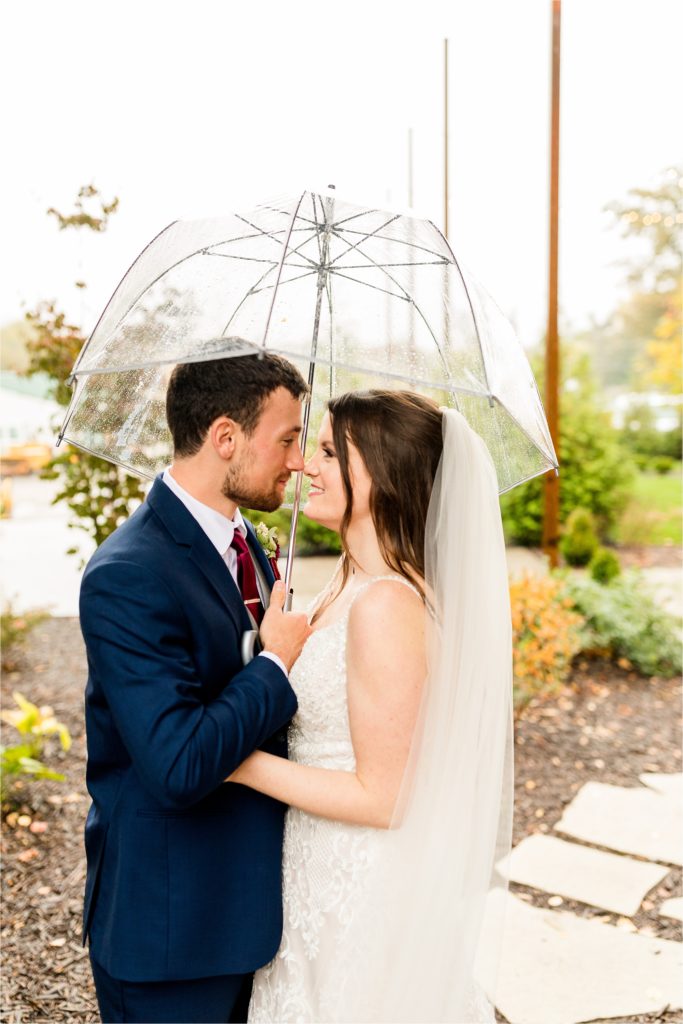
Strong composition forms the core of every photograph you’ll want to revisit! The rule of thirds is a great starting point, placing your subject along the lines of an imaginary grid to create balance and visual interest. However, knowing when to move beyond this rule can be just as powerful for creating wonderful impact.
Key composition ideas include:
- Filling the frame with your subject to avoid distractions and create an immediate connection.
- Using negative space thoughtfully to make your subject stand out.
- Adding depth with elements in the foreground, middle, and background for a sense of layers.
Think about how one landscape photographer changed their work by focusing on composition instead of solely capturing beautiful light. After using techniques like leading lines, the rule of thirds, and foreground interest, their prints started selling for double the price at local galleries. This shows how composition elevates artistic value and market potential!
Use Leading Lines and Patterns
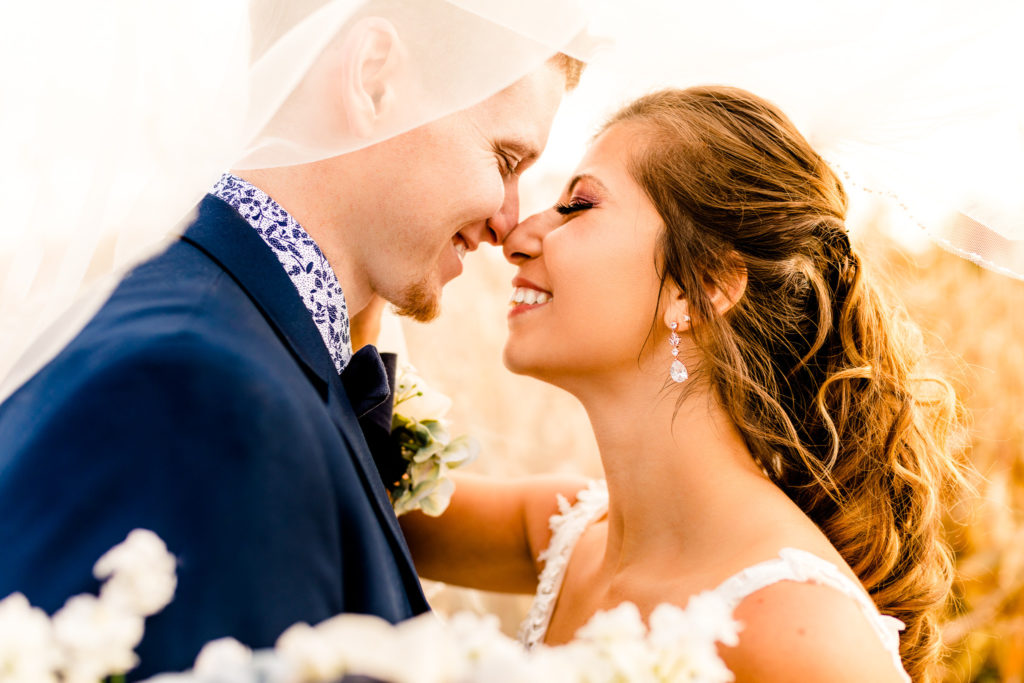
Leading lines are like visual paths that guide your viewer’s eye through the photograph toward your main point of interest. Natural elements like pathways, architectural details, or even shadows can create these directional cues that genuinely strengthen your composition!
Diagonal lines can add energy and movement to still scenes, while horizontal lines suggest peacefulness. Vertical lines can feel strong and growing. Knowing how different line directions affect the feeling of your images lets you choose compositions that truly help your storytelling adventures.
Explore Viewpoint and Angles
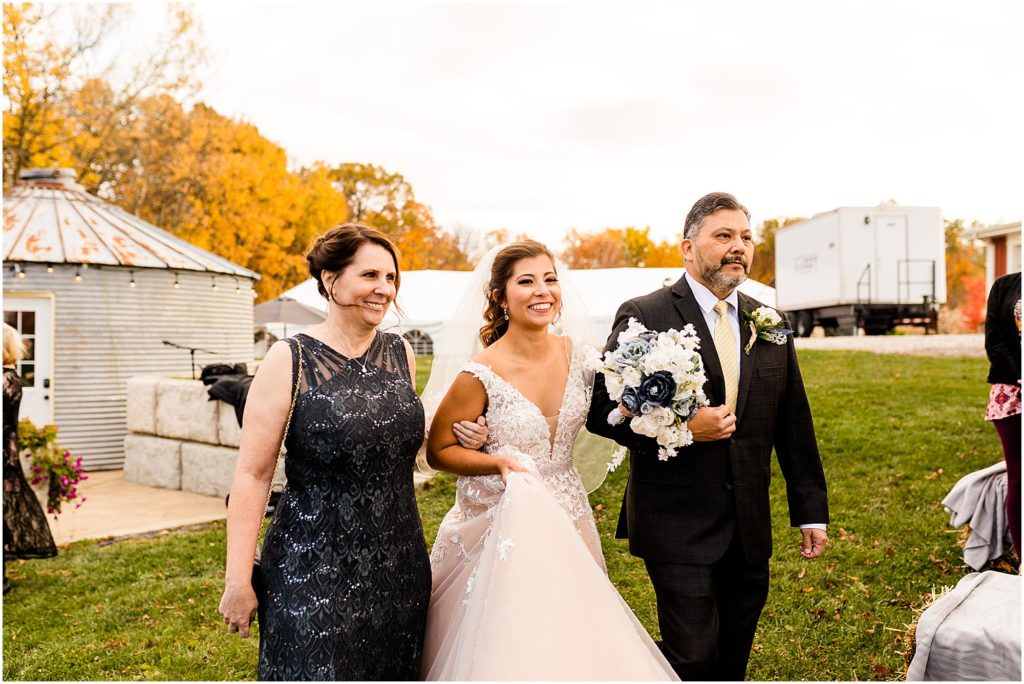
Changing your shooting angle and distance can completely transform the mood and meaning of a photograph! Moving beyond eye-level views opens up creative possibilities that can make ordinary subjects appear delightful.
Don’t hesitate to move around your subject to find more vibrant compositions. Sometimes the most interesting angle appears only after exploring several viewpoints. Professional photographers know that taking many shots from various angles increases the chance of capturing that one perfect frame that goes beyond client hopes!
Hone Professional Lighting Techniques
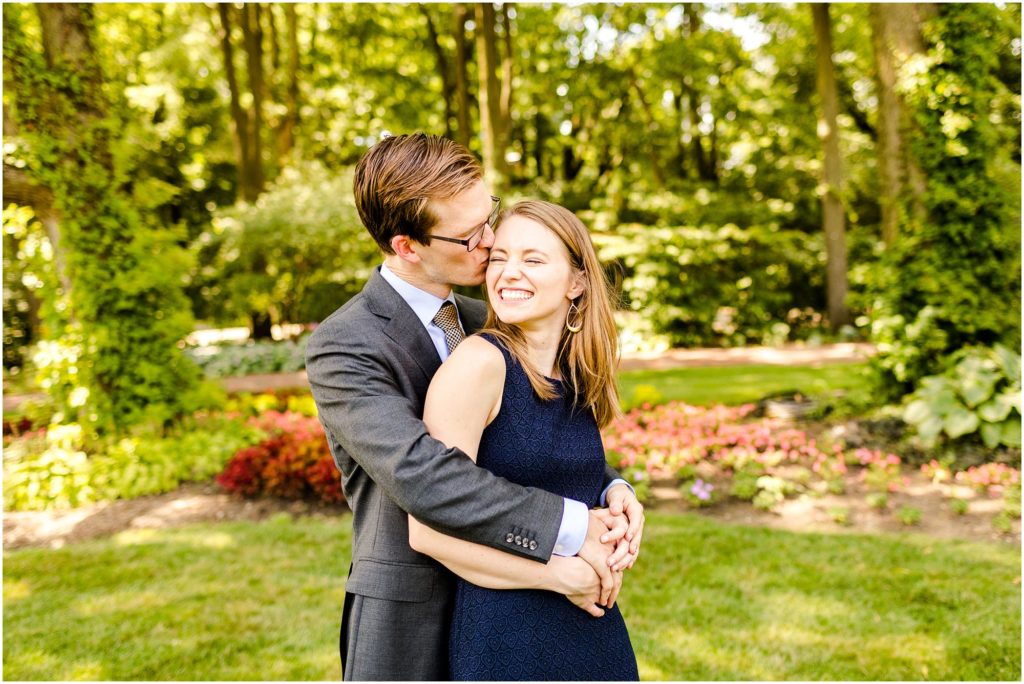
Understanding and controlling light sets skilled photographers apart. Current trends show that photographers are embracing new ways to light scenes, creating more vivid and feeling-filled images.
Embrace Blue Hour and Cinematic Lighting
The “blue hour” brings a quiet, reflective feeling and has become very popular with wedding photographers! This time just after sunset or before sunrise offers soft, atmospheric lighting that makes simple instances into beautiful portraits.
Modern wedding albums are designed to feel like a film, like movie stills that bring memories to life. As industry experts point out, photographers are using techniques like moody lighting, wide-angle storytelling, and sequential compositions to create albums that resemble movie stills with immersive, feeling-filled images that feel both editorial and truly sweet.
Helpful blue hour approaches:
- Schedule couple portrait sessions during twilight for vivid, feeling-filled images.
- Use the soft, atmospheric lighting to create depth and connection.
- Combine blue hour shots with creative artificial lighting for variety.
Transform Work with Soft Light
One photographer’s story shows the value of proper lighting methods. Previously, they struggled with harsh shadows and flat lighting that didn’t flatter subjects. They adopted soft light techniques using diffusers and placing subjects near large windows or shaded areas. The results were truly amazing, client bookings increased rapidly, showing the technique’s direct business impact through improved skin tones and a layered look!
Soft light approaches:
- Look for open shade under trees or next to buildings during bright midday light.
- Use large windows as natural softboxes for indoor portraits.
- Place diffusers between bright light sources and subjects.
Apply Lighting Ratios for Professional Results
A commercial photographer achieved noticeable consistency by understanding lighting ratio ideas, especially balancing light and shadow using 1:2 or 1:4 lighting ratios. This approach led to an increase in social media engagement on campaign images!
Understanding lighting ratios helps create constant, visually impactful images across many shoots. This is so helpful for building brand recognition and happy clients!
Necessary Equipment for Quality Photos

While good ideas and skill matter more than very expensive gear, having dependable equipment that matches your photography goals is very helpful for consistent professional results. Current trends show interesting changes in equipment choices and investment habits.
Smart Equipment Investment Strategies
Even though most photos are now captured on phones, professional photographers still rely on high-end cameras and specialized gear for business and branding work. However, professional photographers are increasingly mixing camera use with smartphones, showing the highest-ever combined usage of both types of equipment.
Budget thoughts remain practical for most professionals. Research shows that many photographers budget for gear updates and maintenance, focusing on making the most of current equipment and only upgrading for significant gains.
Camera and Lens Choices
Professional wedding photographers should start with at least two camera bodies for backup and dependability. Popular models that receive consistent professional approval include the Canon R3, Canon R5, Nikon Z9, Nikon Z8, Sony a1, and Sony a7RV for their advanced capabilities and dependability.
Helpful lens suggestions:
- 24-70mm f/2.8 or 35mm f/1.8 as your main all-around lens.
- 70-200mm f/2.8 for candid shots and ceremony coverage.
- 100mm macro for small detail shots like rings and personal items.
Emerging Technology Directions
The global drone photography services market is growing quickly! Drone photography now goes beyond phone camera use among professionals, showing its rise as a special asset for many photography styles.
AI-powered tools are also changing image editing and workflow automation, letting photographers deliver higher-quality images faster while keeping prices fair.
Advanced Photography Methods for 2024-2025
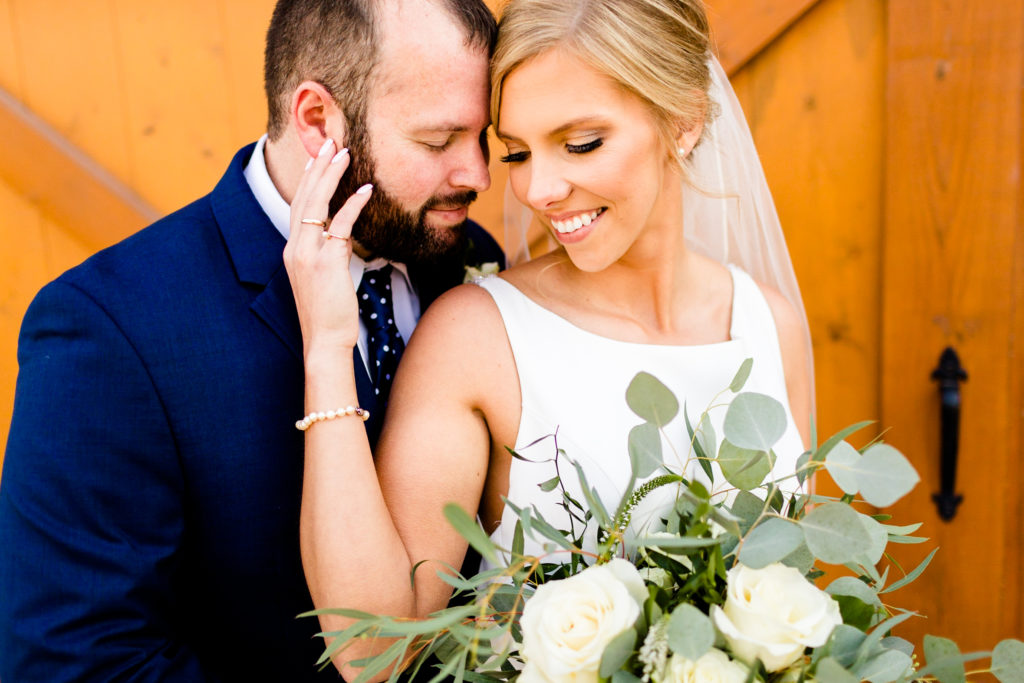
Today’s photography scene emphasizes honesty and storytelling over traditional posed perfection. Understanding current directions helps position your work to meet changing client hopes!
Embrace Documentary-Style Coverage
Wedding photography is moving toward truthfulness, favoring candid instances and documentary-style coverage that values true feeling. As one industry expert explains, a higher f-stop means that more of the picture is in focus. While blurred backgrounds aren’t going away, there’s been a big increase in couples wanting more things in focus. This goes hand-in-hand with the documentary-style approach many couples are asking for!
Documentary technique applications:
- Shoot with f/4 or f/8 during group shots to keep several subjects clear.
- Focus on capturing sincere interactions rather than directing poses.
- Use compositions rich in context that tell complete stories.
Add Energy with Motion Blur
Intentional motion blur is being embraced as a method to add energy and excitement to wedding images! Rather than only shooting perfectly still scenes, many photographers use slower shutter speeds to purposefully blur movement during dances and celebrations.
During lively events like the first dance or bouquet toss, try slower shutter speeds (1/30s or slower) and panning to capture the sense of motion while keeping your subject clear.
Film and Analog Look Revival
Film photography continues to grow in popularity, valued for its rich textures, warm tones, and sense of truthfulness. As trend forecasters note, the fascination with grainy, perfectly imperfect film photos is getting even stronger, as film brings out the heart of an instance, giving every image a timeless, genuine warmth.
Consider using both digital and film cameras in your workflow to capture classic and modern looks, offering clients diverse album options that stand out in today’s rather full market!
Post-Processing for Professional Results
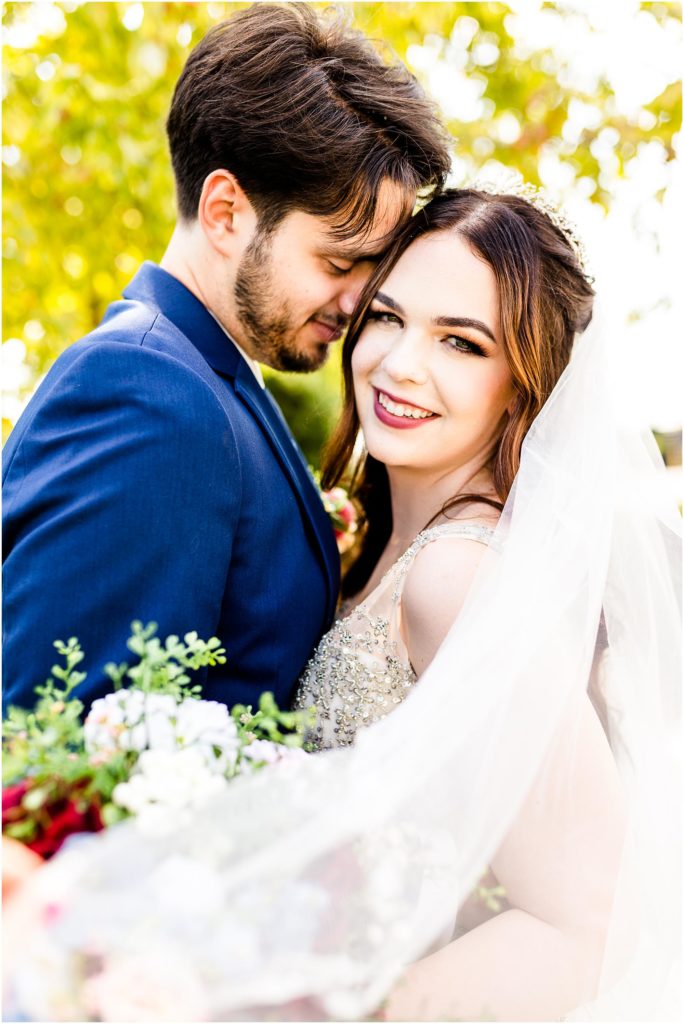
Post-processing is where good photographs become great ones! However, the aim should always be to improve rather than drastically change your original captures. Strong photography begins with proper exposure and composition in-camera, with editing serving to refine your ideas.
Software Selection and Workflow
Current software choices show that many photographers use Adobe Lightroom as their main editing tool, while Adobe Photoshop remains a very popular graphics and photo editing software.
Professional photographers typically spend a good amount of time each week editing photos, making efficiency so helpful for business success. Setting up clear ways to handle common editing tasks lowers time spent while making things more consistent!
Color Correction and Enhancement
Accurate color reproduction makes sure your images look professional across different viewing platforms and print media. Understanding white balance, color temperature, and tint adjustments helps create consistent, pleasing color throughout your work.
One product photographer showed the value of combining improved lighting with focused editing. After using controlled soft lighting and making purposeful post-processing adjustments to highlights and shadows, their images were chosen for a group gallery show, having previously been declined! This truly shows the impact of better lighting and composition.
Building Your Photography Business by Sharing Well
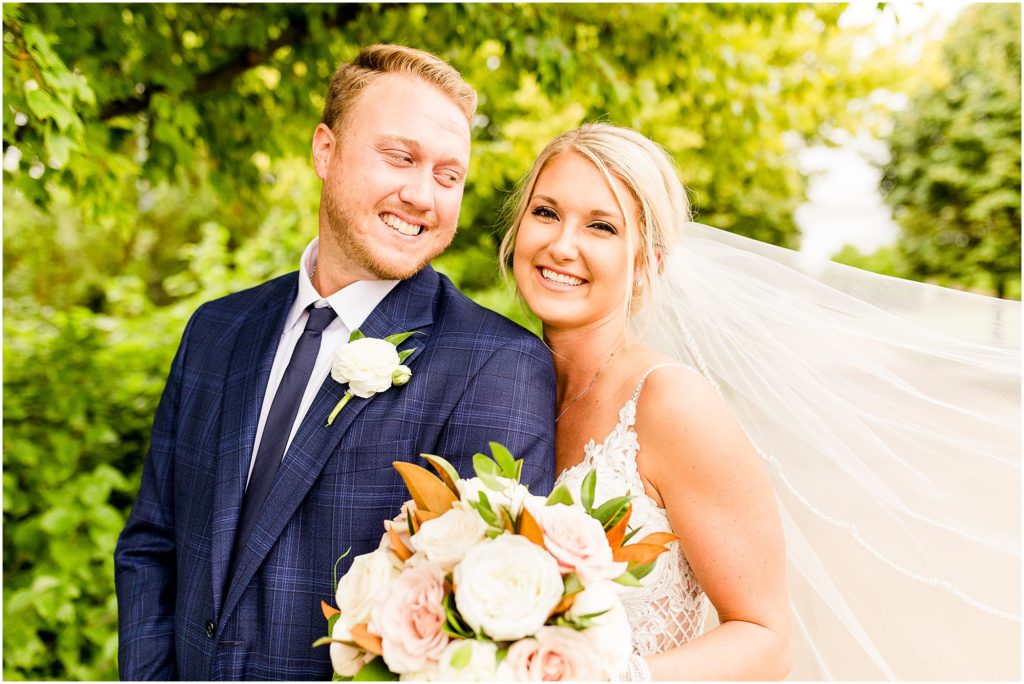
In today’s digital world, sharing and showing your work effectively determines your business success as much as your photography skills! With so many photos expected to be taken each year, standing out needs smart presentation and steady quality.
Use Social Media Marketing Positively
Social media remains very important for photographer marketing success. Visual content genuinely does so much better than text-only content! Image-filled posts on web platforms get far more views, and high-quality photos can boost sales conversion rates significantly.
Instagram remains very helpful, with many marketers calling it a “must-have” channel for creative professionals! While video posts see more engagement than photo posts, high-quality still photography remains very helpful for showing your core strengths.
Social media success ideas:
- Keep regular posting schedules with true engagement.
- Share behind-the-scenes content and insights into your process.
- Make personal connections that go beyond photography.
- Understand platform-specific helpful practices for maximum reach.
Portfolio Development and Client Attraction
Building a strong online presence involves more than posting images. You need to gather your work thoughtfully, engage genuinely, and present your work in ways that attract your ideal clients while building your professional trust!
Balance variety with consistency by showing different aspects of wedding photography while making sure all pieces reflect your unique style and professional ways. Regular updates keep your portfolio fresh and show ongoing growth!
Learning how to take a good picture brings together technical knowledge with creative ideas, supported by dependable equipment and effective workflows. The photography world faces both challenges and opportunities, but the number of US photography businesses continues to rise!
Success comes from knowing that amazing photographs result from great light, composition, and timing rather than from expensive gear alone. Focus on developing techniques that align with current directions like documentary-style coverage, cinematic lighting, and sincere storytelling while building the technical foundations that allow creative ideas to flourish.
The photography world keeps changing with new technologies and shifting client hopes, but the fundamentals of great photography stay constant. By building strong technical foundations while nurturing your creative instincts and staying current with industry directions, you’ll create images that not only meet professional standards but also tell compelling stories that will connect with viewers for years to come!
Affiliate Disclosure: Some links in this post are affiliate links, meaning we may earn a commission if you make a purchase through our links, at no extra cost to you. As wedding photographers ourselves, we only recommend gear we’ve thoroughly researched or would use in our own business. Your support helps us continue creating valuable content for the photography community.